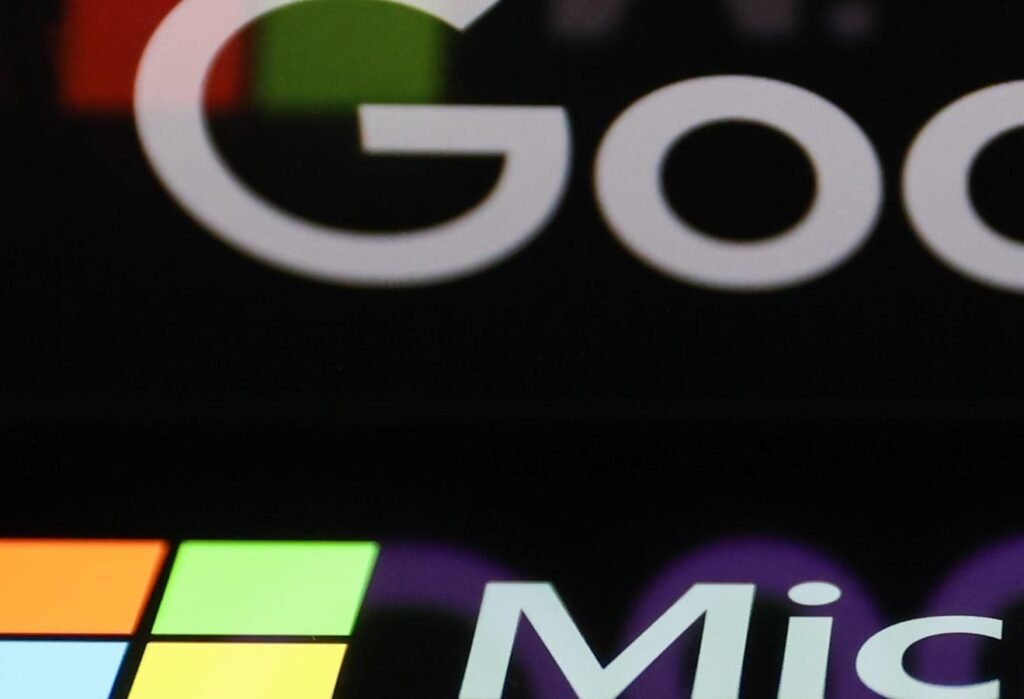As the digital ecosystem evolves, Microsoft is intensifying efforts to position its products as viable alternatives to Google’s dominant services. This shift is evident across PCs, Android devices, and iPhones, where Microsoft is leveraging partnerships, software integration, and user-centric innovations to carve a larger market share.
Cross-Platform Integration: A Core Focus
Microsoft’s strategy hinges on seamless integration of its services into diverse operating systems. On Windows PCs, Bing has become the default search engine in Edge, while features like Copilot (AI-powered assistance) and Microsoft 365 subscriptions are marketed as productivity enhancers. Android and iOS users, meanwhile, are increasingly encountering Microsoft-owned apps such as Outlook, OneDrive, and Teams preinstalled or promoted via partnerships with device manufacturers. This cross-platform approach aims to reduce reliance on Google’s ecosystem by offering comparable—or differentiated—tools.
Partnerships and Preinstalled Services
Collaborations with Android manufacturers highlight Microsoft’s tactical expansion. For example, select devices now ship with Microsoft apps preloaded, competing directly with Google’s suite. Similarly, on iPhones, Microsoft has optimized its apps for iOS, ensuring smooth functionality with Apple’s hardware. These moves not only expand Microsoft’s reach but also challenge Google’s ad revenue streams by diverting user engagement to Bing and Microsoft-owned platforms.
User Experience and Privacy-Centric Features
To differentiate itself, Microsoft emphasizes privacy-focused updates, such as Bing’s “no-search” AI mode and Edge’s tracking prevention tools. These features cater to growing consumer demand for data security, contrasting with Google’s ad-driven model. Additionally, Microsoft rewards programs, like Bing Points, incentivize users to adopt its search engine over competitors.
Challenges in a Google-Dominated Market
Despite these efforts, Google retains strong brand loyalty, particularly on Android, where its services are deeply embedded. Microsoft’s success hinges on convincing users to switch ecosystems—a daunting task. However, regulatory scrutiny of Google’s market dominance, particularly in Europe, may create openings for Microsoft to negotiate preinstallation deals or promote alternatives like Bing.
Disclaimer
This article is written and structured manually without the use of automated tools. All information presented is based on publicly available sources and reflects the author’s analysis. No copyright infringement is intended. This content adheres to Google’s policies, including guidelines on originality, fairness, and transparency. The views expressed are solely those of the author and do not represent the stance of any affiliated organizations or individuals.
